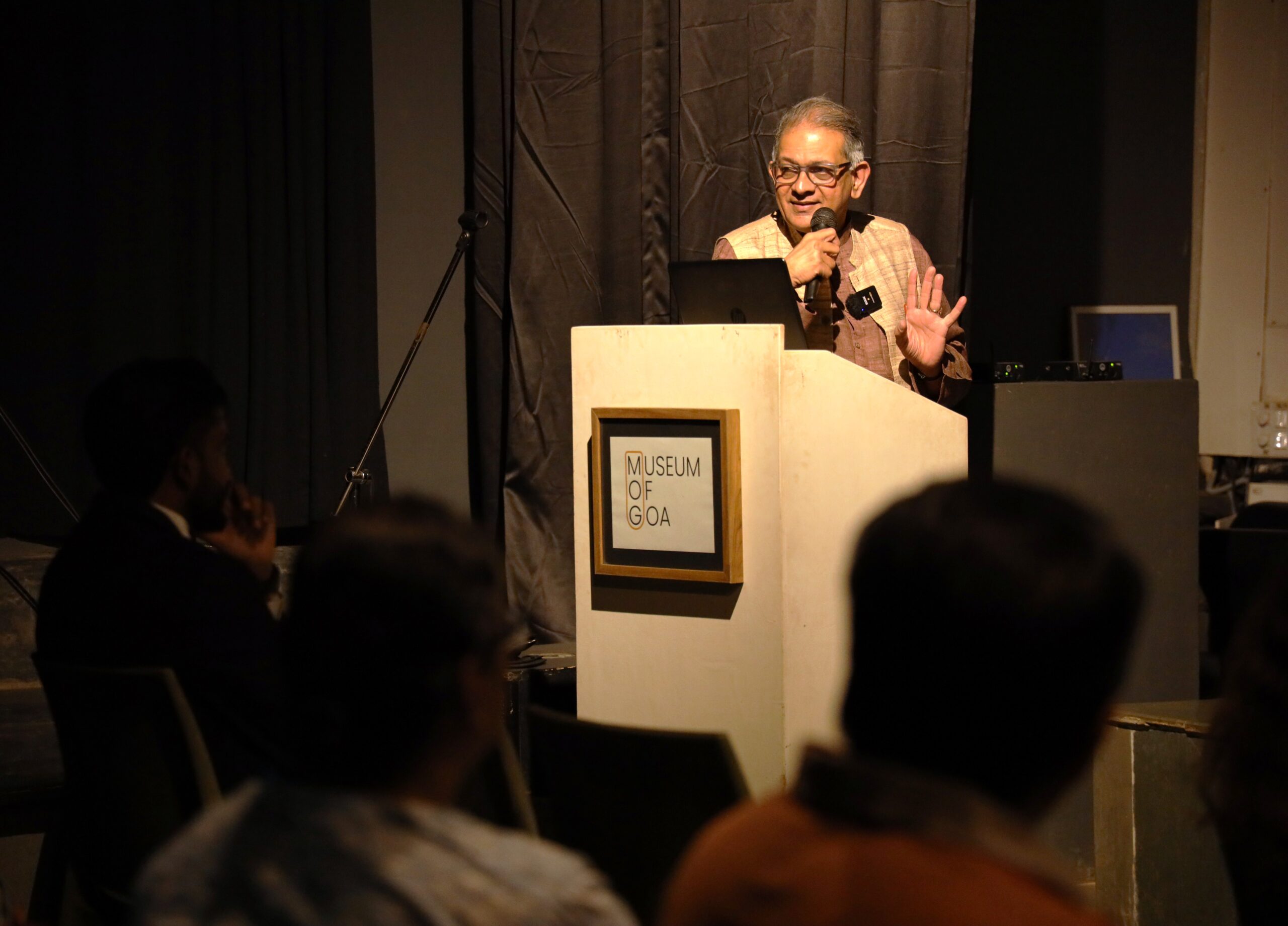In light of the recent hacking and phishing scams suffered by Goa’s senior citizen population, the need for awareness of limiting digital platforms’ access to personal data, existing data privacy laws and comprehending the information one has consented to share, is of the utmost importance, according to senior advocate M. Aravind Subramaniam.
During the recently held MOG Sundays talk at Museum of Goa, Pilerne, titled ‘Data Privacy in India: Navigating the Digital Age’, Subramaniam shared insights into the in-progress formulation of the Digital Personal Data Protection Act (DPDP), 2023, which will utilise elements from the Bharatiya Nyaya Sanhita (BNS), 2023 (which replaced the Indian Penal Code) and Information Technology (IT) Act, 2000 to address cybercrime and cyber fraud.
A member of the Madras Bar Association and a senior advocate at the Madras High Court, Subramaniam stated: “Data privacy has emerged as a critical concern in India’s digital era where vast amounts of personal information are collected and stored and processed. The rapid growth of technology has led to the development of data protection laws worldwide to safeguard individual privacies. Now that the Aadhaar card is also being tagged, much personal information is being shared, which can be detrimental in certain cases”.
According to Subramaniam, the DPDP 2023 is a robust framework for safeguarding personal data and ensuring privacy remains a fundamental right while fostering economic growth. It aims to provide a structural approach to handling personal data and empowering individuals with greater control over the method of data collection, processing and usage. It also brings clarity and accountability for organisations, ensuring compliance and enhancing trust in digital systems.
“India is one of the first countries where regulation and restriction of data usage on digital platforms is being outlined. The DPDP 2023 aims to strike a balance between protecting individuals, especially children and supporting technological growth. This is one of the main reasons why this act was enacted – the legislation is designed to cater to the complexities of the digital-first economy balancing individual privacy, business interest and national security,” he stated.
Subramaniam also cautioned against blindly enabling digital applications or sites to access personal data, which he classified as any data linked to the Aadhar card, which grants Indian citizens social and citizenship recognition by the Government of India.
“People need to be wary while sharing information on the internet, especially when a site requests you to reveal unnecessary personal and contact details. These questions are designed to lure you into giving up your data, under the pretext of you being unable to utilise that service unless you do,” he said.
Hence, he added, “One needs to understand which information they have given consent to the application or site to use so that in case of fraudulent goings-on, they can seek legal recourse. If the site or application is negligent or misuses the data given consent to, they can be taken to court”.


